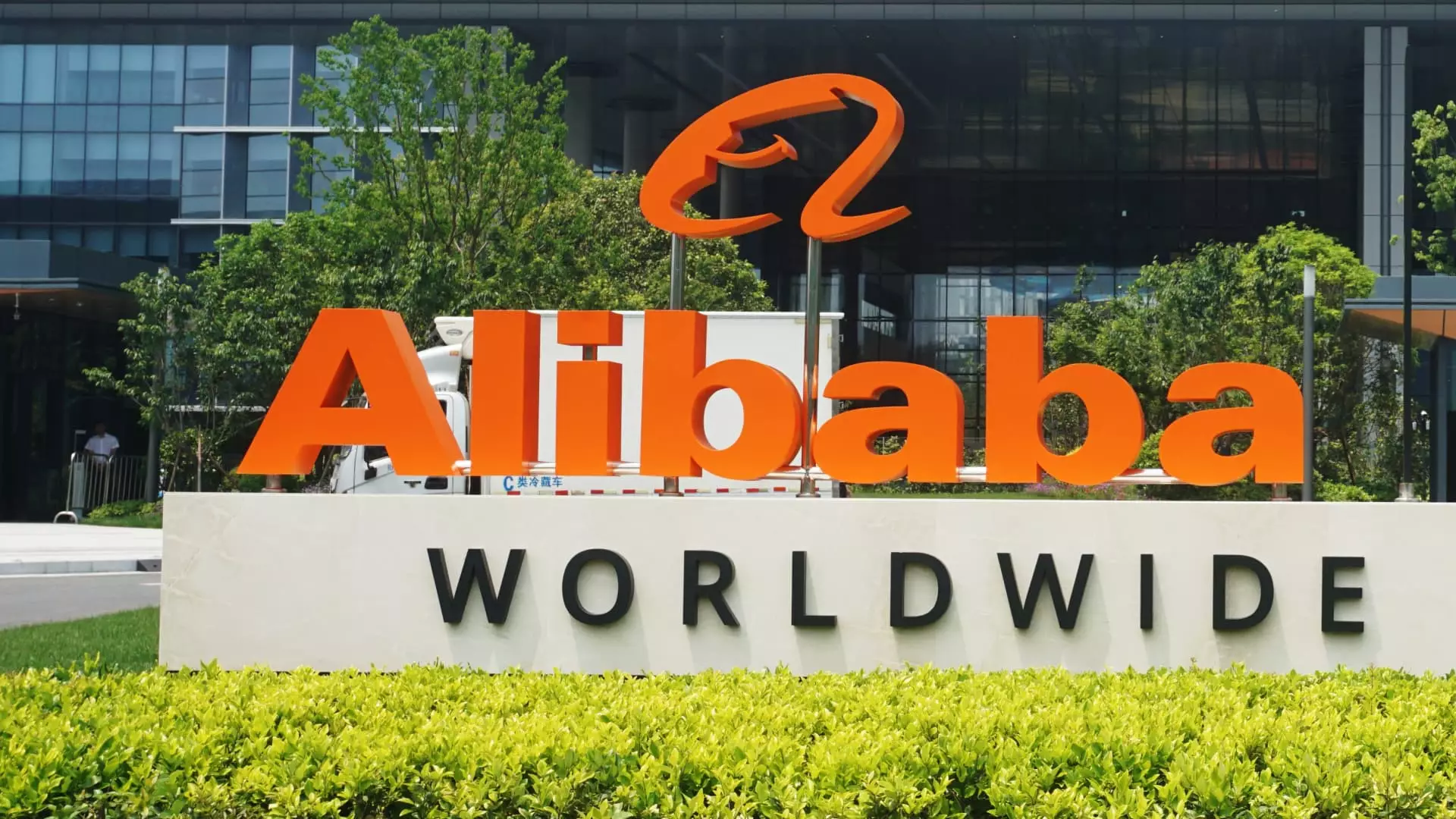In an era where global commerce is increasingly reliant on technology and efficiency, Alibaba, the Chinese e-commerce powerhouse, has rolled out an upgraded version of its artificial intelligence translation tool. This innovative tool, known as Marco MT, claims to surpass its competitors, including Google, DeepL, and ChatGPT, according to claims supported by an assessment from the Flores benchmark framework. With its international arm experiencing significant growth, this enhancement promises to revolutionize the way merchants interact with global markets.
Alibaba’s new iteration of its AI translation tool represents a noteworthy development in the field of machine translation. The previous version, launched just a year ago, already had a user base of 500,000 merchants, signaling a demand for effective translation solutions in the international marketplace. The tool now leverages advanced large language models (LLMs), which not only assist in translating text but also incorporate contextual information, cultural nuances, and industry-specific terminology. This contextual understanding is critical for businesses aiming to create product listings that resonate with diverse consumer bases across the globe.
Kaifu Zhang, the Vice President of Alibaba International Digital Commerce Group, explained that the intention behind this technology is to bolster the sales performance of merchants. The underlying philosophy hinges on the premise that when merchants thrive, the platform itself flourishes. This symbiotic relationship is poised to usher in a new era for international sellers looking to penetrate markets they previously saw as challenging.
The Marco MT translation tool currently supports an impressive array of 15 languages, encompassing major languages like English, Spanish, Chinese, and German. By utilizing its proprietary model Qwen, Alibaba is primed to deliver translations that not only translate text accurately but also maintain the intended meaning behind the words. This is particularly important in e-commerce, where a poorly articulated product description can lead to decreased consumer interest and subsequently lower sales.
Zhang anticipates a robust demand for this translation tool, particularly from markets in Europe, America, and emerging economies. A significant portion of Alibaba’s users are from developing countries, highlighting the platform’s global reach and the potential for increased interaction across borders. By targeting these markets with culturally sensitive and linguistically accurate translations, Alibaba aims to enhance the shopping experience for international consumers.
One of the standout features of Marco MT is its ability to provide contextual translations. This is crucial in avoiding literal translations that can mislead or alienate potential buyers. Zhang illustrated this with a specific example: a colloquial Chinese term for a slipper that, if translated too rigidly into English, could confuse or even deter customers. By safeguarding against such misinterpretations, this advanced AI translation tool enhances the chances of successfully converting inquiries into actual sales.
As e-commerce companies globally gear up for significant shopping events like Double 11—Alibaba’s unofficial shopping holiday—the updated translation capabilities will ensure that product listings are enticingly presented and culturally relevant. Optimizing descriptions for authenticity can yield a more seamless shopping experience, boosting sales and satisfaction among consumers.
The international division of Alibaba has shown remarkable growth, with reported sales reaching $4.03 billion in the latest quarter, a 32% rise year-on-year. This stands in stark contrast to the declining performance of Alibaba’s core Chinese e-commerce platforms, which reported a 1% decrease in sales. The distinct trajectory observed in Alibaba’s international operations indicates a strong appetite for expansion beyond China’s borders, as consumers engage with platforms like AliExpress and Lazada, which cater to diverse regions.
With the rapid globalization of commerce—evident from the rise of indications like PDD Holdings’ Temu and Shein—Alibaba’s updated translation tool aligns perfectly with the pressing need for efficient and culturally aligned communication mechanisms. As merchants across various online platforms continue to seek international sales opportunities, the ability to provide clear, accurate, and engaging product descriptions has never been more critical.
Alibaba’s launch of the Marco MT translation tool heralds a new chapter in the integration of AI and e-commerce. By focusing on contextual understanding and cultural relevance, Alibaba is not only enhancing its offerings but also empowering merchants to compete on a global scale. As the digital marketplace evolves, tools like Marco MT will be pivotal in bridging communication gaps, helping businesses connect more effectively with consumers around the world. The promise of AI-driven solutions will undoubtedly shape the future of global commerce, making international sales not just a possibility, but a viable route for sustainable growth in an interconnected world.

